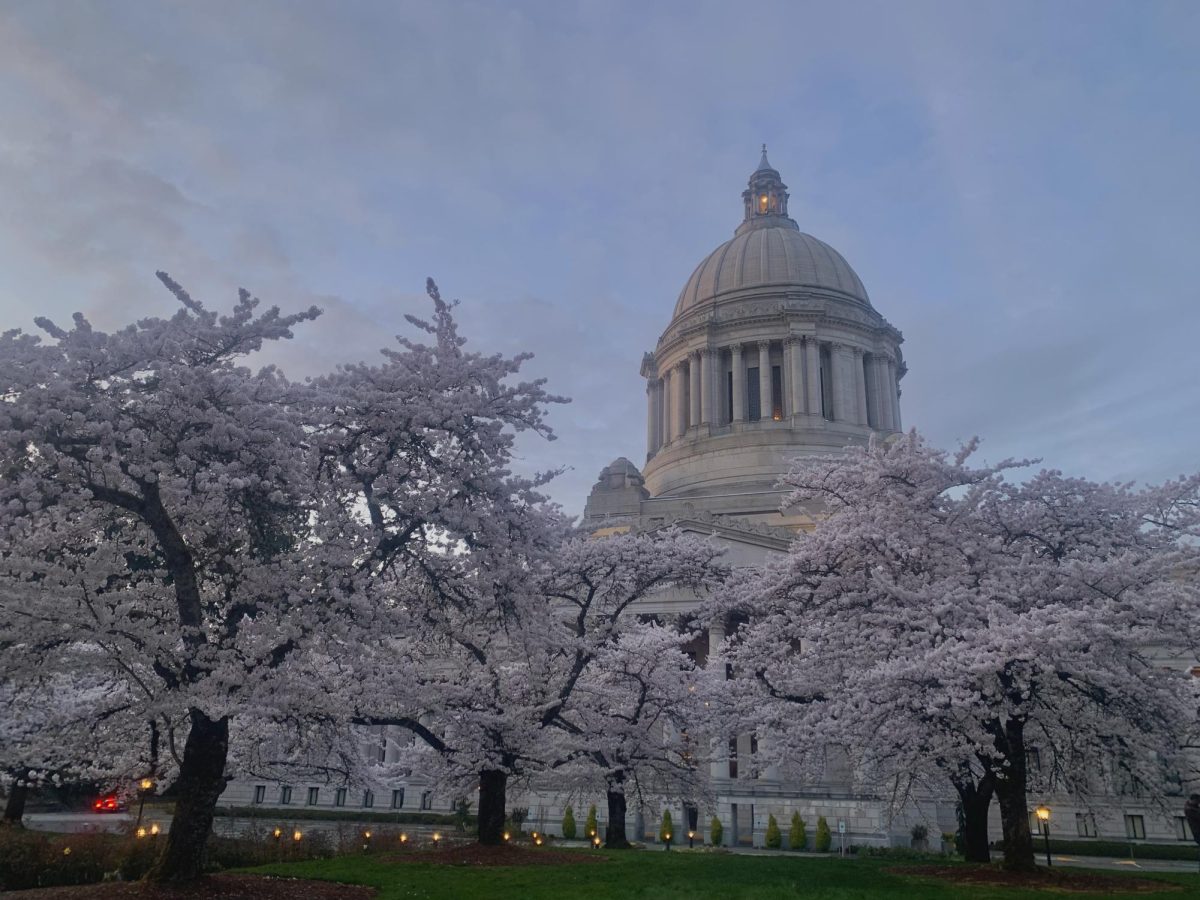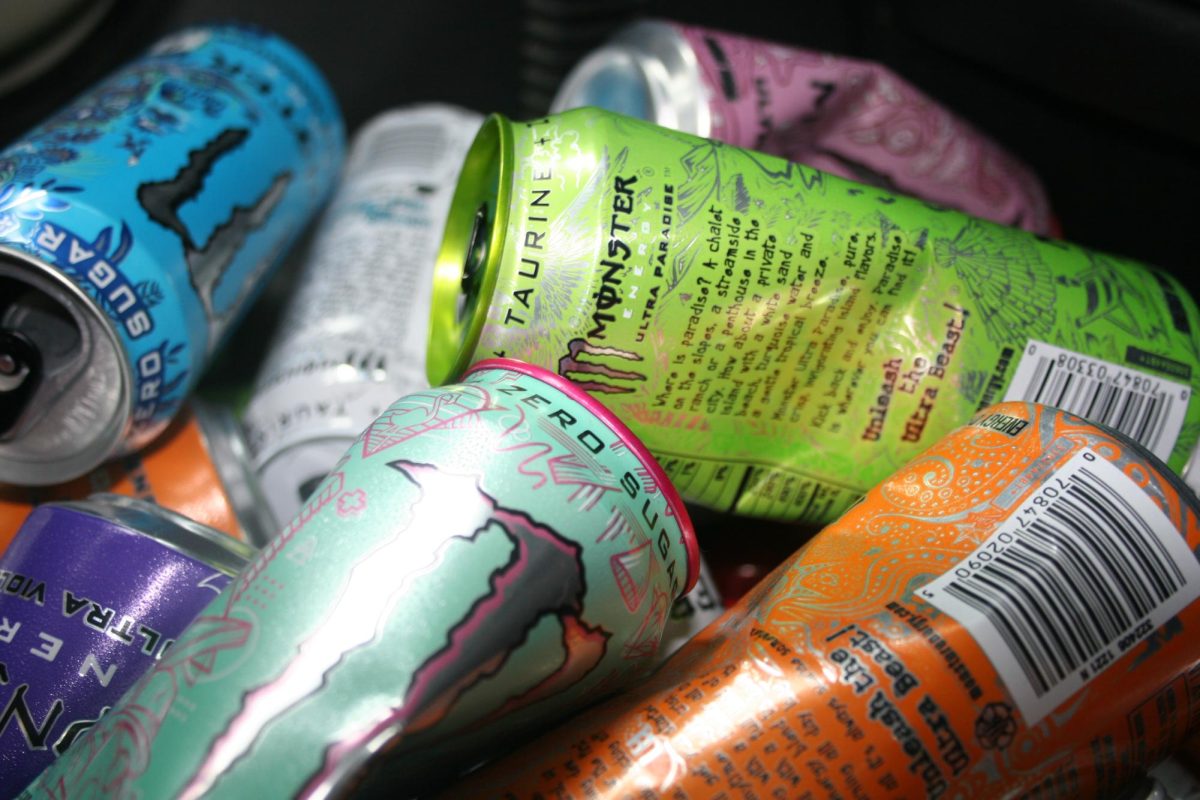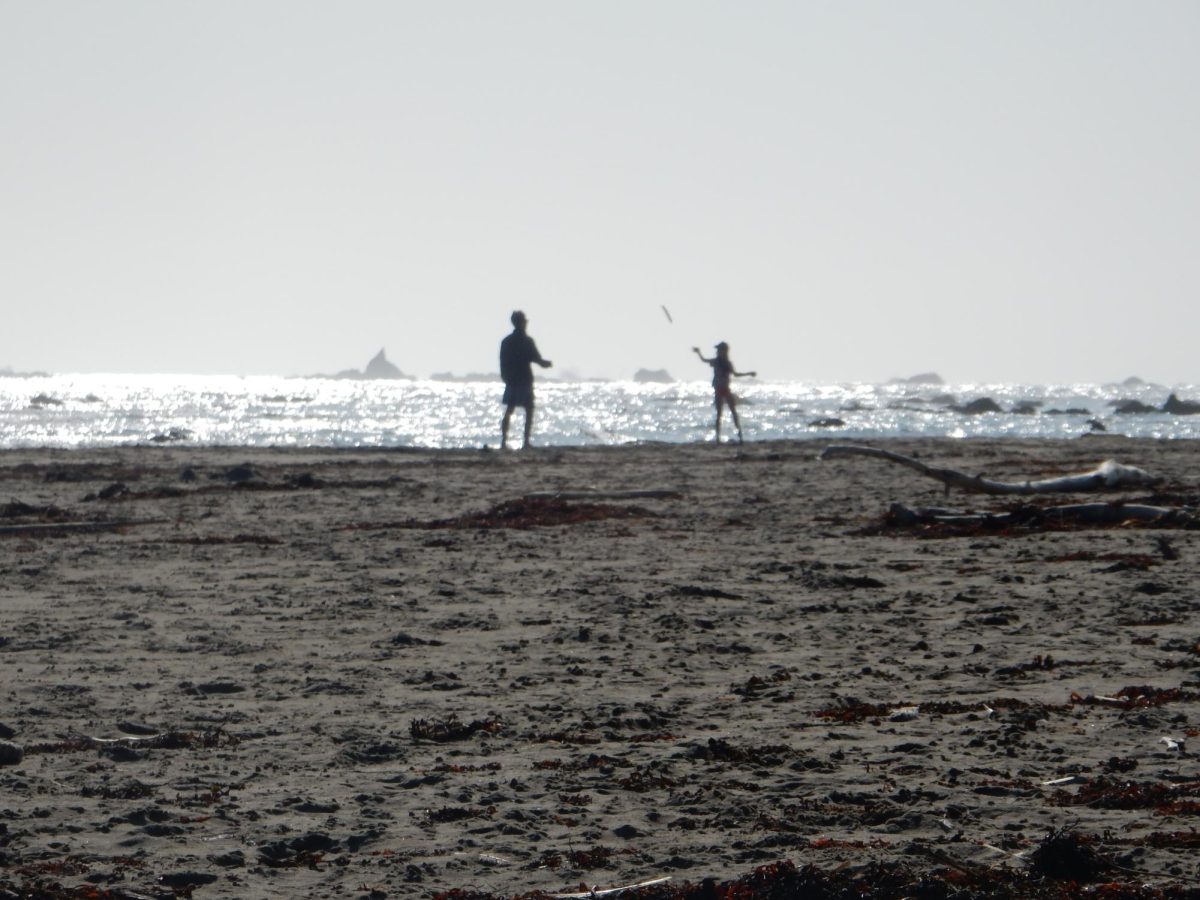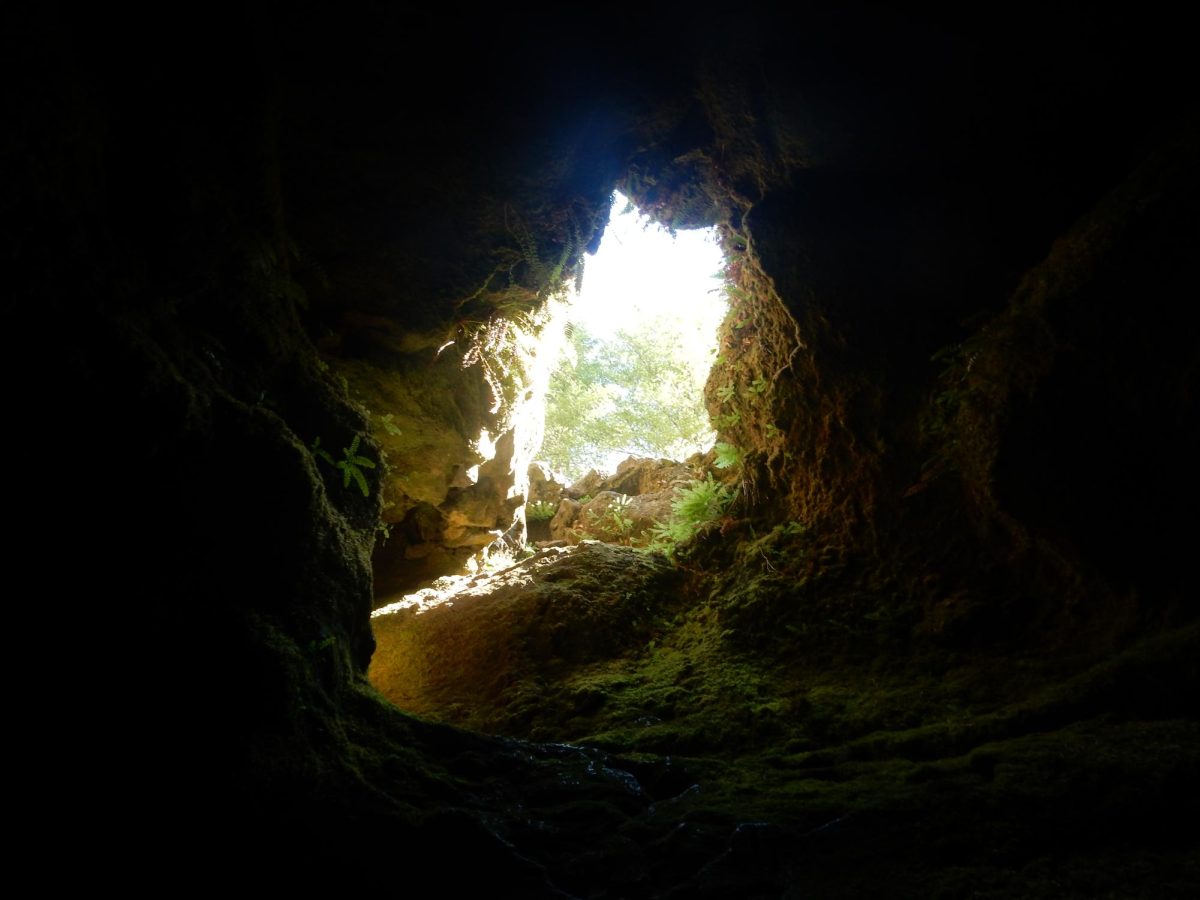Crackling embers and billowing clouds of smoke strike fear in the hearts of thousands, but the gray ash could show a silver lining.
Recent fires in Washington have concerned many about their health. While most healthy people are not put at risk by occasional exposure to smoke, many still experience the short-term effects. “[Kids] come in here and they have a sore throat, a cough, itchy or burning eyes,” said Olympia High School nurse Dusty Stripe, “they think it’s allergy-related … [but] it could be smoke.”
Everyone can experience those symptoms, but people under 18, who lack fully developed lungs, asthmatic people, and pregnant women can be at higher risk for lung issues. Stripe suggests to “stay inside as much as you can … [keep] windows down … [and to use] filters in your house if you have them.” Because it can be difficult to tell when smoke is dangerous, Stripe recommends checking air quality websites such as Wasmoke and Airnow.
The law regulates man-made pollution, but fires can throw that out of balance. “Due to climate change, we’re seeing less snow in winter, and more of what we do receive melts off early,” wrote Andrew Wineke of the Washington State Department of Ecology. A healthy ecosystem stores water and snow during winter to keep fires down in summer. Snow is especially important because it sticks around and helps control fires long after winter.
Additionally, climate change leads to “low humidity conditions that [dry] out the woody debris … on the ground,” biology teacher Henry Valz said. “Higher winds and more lightning [are also results] of climate change.” These conditions lead to more dangerous, longer-lasting wildfires in forest canopies.
It is common to see only negative sentiment for fires, but science says that some can be good. Low-level fires are more beneficial to the environment because they clear out debris on the forest floor without harming the canopy of the forest. “The reason we have prescribed fires [intentionally caused by officials and experts] is to try to create low-level fires that prevent long-term, catastrophic, upper-level fires,” Valz stated.
Climate change contributes to more intense fires that harm the environment, along with your health. The experts recommend being careful during summer and checking air quality websites if you are concerned.


































